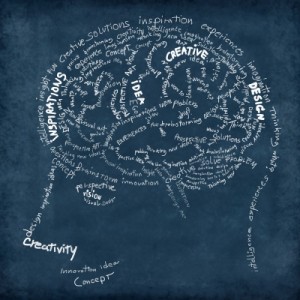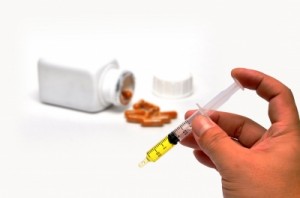What’s the best way to boost brain health? Vitamin B12 is one of the best nutrients for your brain, as it helps to protect your nerve cells and maintain healthy brain mass- the loss of which is responsible for early signs of memory loss from dementia.
B12 for your nerves
Vitamin B12 is one of many B vitamins that your body needs for optimum brain health. Vitamin B12 maintains the coating of myelin that protects each individual nerve cell from damage. Likewise, vitamin B12 deficiency could eventually result in erosion of your myelin sheath, leaving your nerve cells exposed and vulnerable to damage…or destruction.
Can Vitamin B12 Repair Nerve Cells?
Without enough B12 to sustain myelin, you would suffer numerous debilitating and possibly irreversible neurological problems, including:
- Painful numbness and tingling in hands and feet
- Movement disorders like difficulty walking, and poor motor skills
- Muscular pain
- Seizures
- Twitches
- Vision problems
- Altered sense of taste
- Burning mouth syndrome
B12 and memory
Vitamin B12 also maintains healthy cognitive functioning, as evidenced by several clinical studies on brain health.
- Senior citizens with healthy levels of vitamin B12 score better on tests of mental acuity, memory, and reasoning than their peers with vitamin B12 deficiency.
- MRI brain scans of elderly test participants reveal healthy, optimal brain mass among people with normal vitamin B12 levels, as opposed to people of the same age with vitamin B12 deficiency, whose brain scans indicated brain shrinkage, signifying the onset of dementia, possibly Alzheimer’s disease.
- Parents of children with autism have noted dramatic results with supplementation of vitamin B12; in many cases, enhanced cognitive functioning, stabilized mood, and overall well-being are observed.
Vitamin B12 deficiency is detrimental to brain health, resulting in symptoms like:
- Chronic fatigue
- Loss of short-term memory
- Poor concentration skills
- Decreased math skills
- Increased risk for early dementia
- Brain fog
- Irritability
- Mood swings
- Depression
- Anxiety
- Paranoia
- Aggressiveness
- Hallucinations
Getting enough B12
There’s no upper limit for vitamin B12, so there’s no harm in getting as much B12 in your system as possible.
Foods containing vitamin B12 include:
- Lean beef
- Chicken
- Turkey
- Organ meats
- Finned fish
- Shellfish
- Cheese
- Yogurt
- Eggs
Obviously, if you follow a strict vegan diet, then you should supplement with vitamin B12. Even if you aren’t vegan or vegetarian, you can benefit greatly from taking mega-doses of B12.
- If several scientific studies, people without vitamin B12 deficiency experienced more stamina, improved sports performance, and enhanced feelings of well-being with large routine doses of vitamin B12.
- A large number of people “accidentally” become vitamin B12 deficient because they are unable to digest vitamin B12 from the foods they eat. These include people with autoimmune disorders, digestive disorders, and diabetics using metformin. Also, anybody who has had a gastric bypass or other intestinal surgery can take vitamin B12 in the form of a B12 shot in order to compensate for low levels of vitamin B12.
Read more about B12 deficiency
Vitamin B12 Deficiency-13 Illnesses that Block B12 Absorption
The Spoon Theory and Pernicious Anemia: Are you a Spoonie?
Fight Chronic Fatigue with Vitamin B-12, plus 10 Energy Tips!
Please tell us…
Which type of vitamin B12 supplement do you currently take to avoid vitamin B12 deficiency?
Are you satisfied with the results, or do you feel that you still don’t get enough energy?
Do you have any questions or suggestions? Please leave your comments below.
Share with your friends!
If you found this article helpful, then please share with your friends, family, and coworkers by email, Facebook, or Google+.
Images:
phanlop88, imagerymajestic, Nutdanai Apikhomboonwaroot, MR LIGHTMAN





